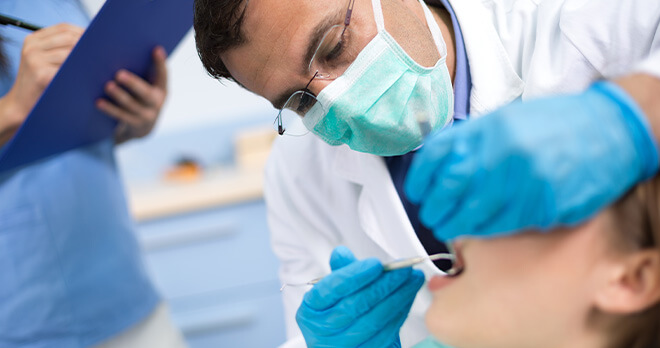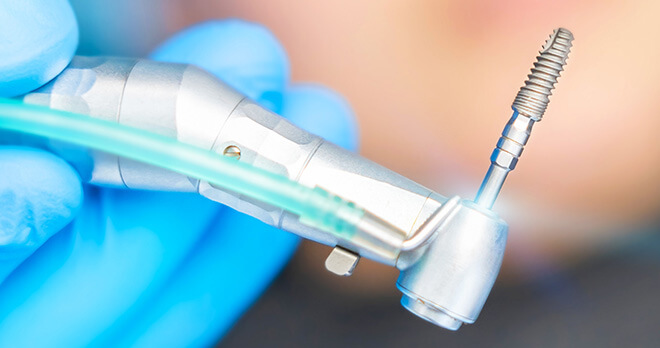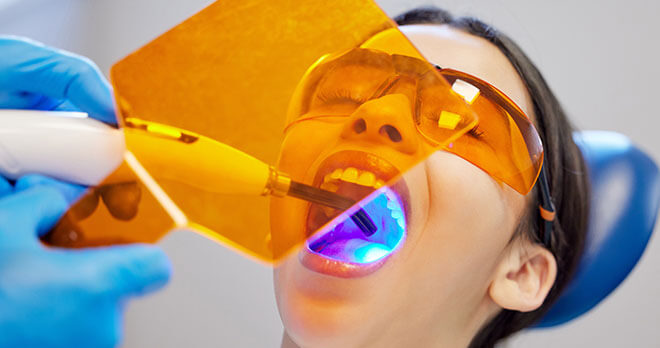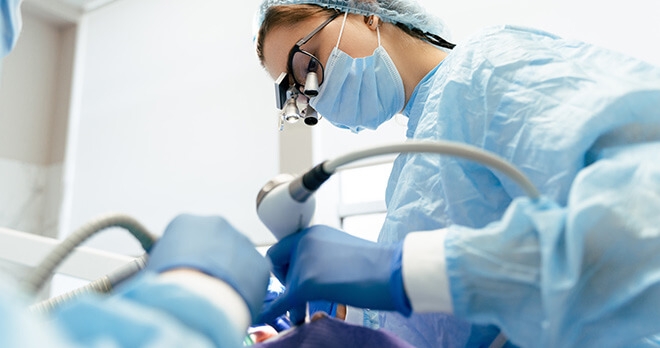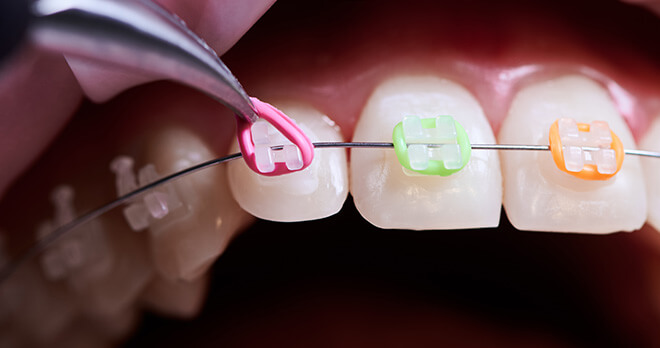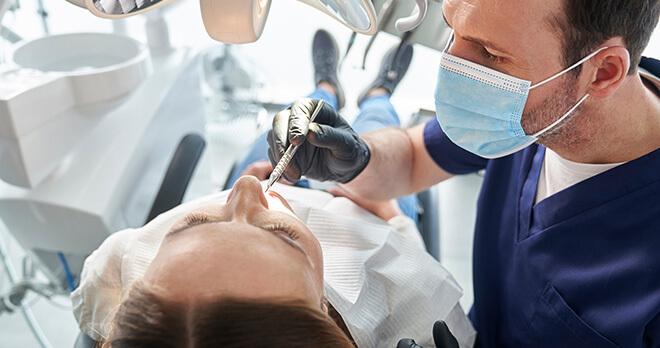Are 6 month dental appointments necessary?
I recently read an article in the Telegraph that a dentist has stated that it may not be necessary to attend the dentist every 6 months. Many people assume that they should attend the dentist every 6 months and this is often ‘drummed’ into people when they attend the dentist.
Dental check-up
A dental check-up is primarily focused on the mouth and teeth, and your dentist will be able to see if you have any dental problems. However, there are a number of other health issues which can be identified in a dental examination.
When attending your dentist for a check up, the dentist will normally:-
- Examine your teeth, gums and mouth
- Enquire about any problems or symptoms you may have had since your last visit
- Provide advice about oral hygiene, and smoking and alcohol use.
Dental check-ups are important, as if you do not attend the dentist, then problems can develop, which can mean you require costly remedial treatment. It can also mean, that the dental issue is a lot more difficult to treat. Many people will attend their dentist every 6 months for a check up. However, Dr Sarah Hurley a dentist has said:
“It’s down to patients to say “why do I need to come back in six months?”.
Dr Hurley considers that patients should question with their dentist whether or not they do need to come back in 6 months time. Henrik Overgaard-Nielsen, the British Dental Association’s Chairman of General Dental Practice, said:
“NHS dentists are contractually obliged to follow NICE clinical guidance. The frequency of check-ups depends upon both clinical need and age. For some that can mean appointments every three months, for others every two years. Ultimately it’s about doing what’s right for patients.”
Summary.
It all depends on a person’s dentition as to whether they will need to attend the dentist regularly or not. If people are in doubt about how often they should attend, then this should be discussed with their dentist.
The NHS provides guidance and advises that some people with good oral health will probably need to attend only once every 12 to 24 months, but those with more problems will need check-ups more often. However, this advice is only in relation to routine check-ups and if you are undergoing dental treatment, then you are likely to need to attend more often.
Got a question?
You can call the team on 0800 923 2080 or message them to understand more about you potential compensation claim for dental negligence. We will get back to you at a time that is convenient to you.
Common claim types
Insights and opinions
View more articles related to Cosmetic dentistry, Crowns and bridges, Dental implants, Dental nerve damage, Extractions, Gum disease, Information, Mouth cancer, Orthodontics, Root canal treatment, Tooth decay and Wisdom teeth
